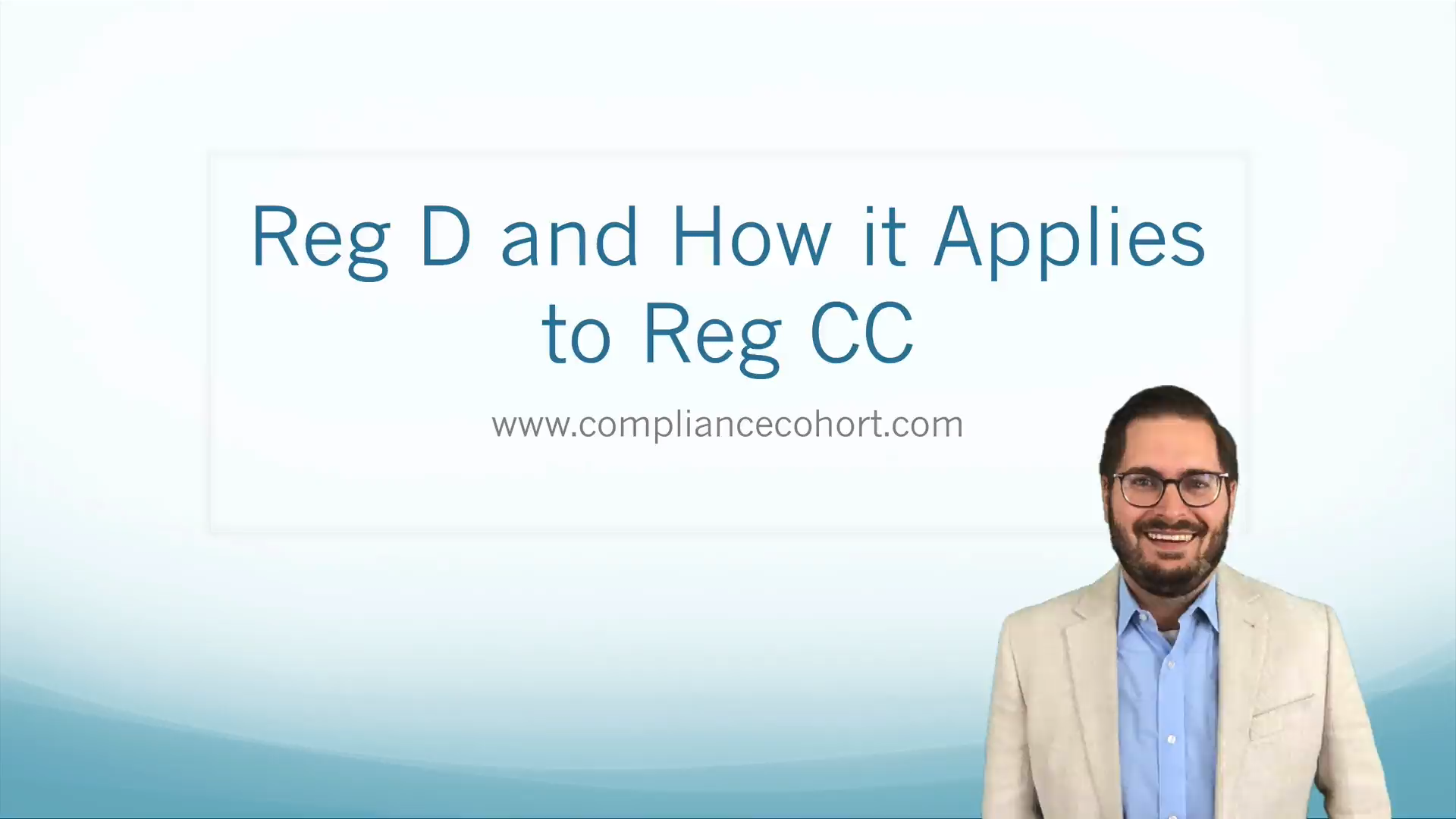On May 13, 2020, the CFPB released a statement and FAQs outlining the responsibility of certain financial institutions during the pandemic. In the statement, the Bureau outlines the billing error responsibilities of credit card issuers and other open-end non-home secured creditors during the COVID-19 pandemic and also encourages financial institutions to continue to provide the kind of assistance to their communities that many have been providing (such as waiving fees, lowering minimum-balance requirements, and implementing changes in account terms that benefit consumers).
In order to help consumers, the CFPB also released two FAQ documents: One for deposit accounts and one for open-end (not home secured) credit products. The first set of FAQs remind providers of checking, savings, or prepaid accounts that they can offer consumers immediate relief by changing account terms without advance notice where the change in terms is clearly favorable to the consumer. For example, in light of the Federal Reserve Board’s April 2020 interim final rule deleting the six-per-month transfer limit on savings accounts, an institution may eliminate transfer fees on savings accounts without providing advance notice.
The second set of FAQs focus on existing regulatory flexibilities for open-end credit (that is not home-secured) that may be useful for assisting customers. For example, there is no advance notice requirement should a creditor choose to extend a credit card account’s grace period.
Additionally, the Bureau released a statement to assist consumers, small business owners, and their creditors in managing the challenges that the current pandemic poses. The statement highlights creditors’ responsibilities during the crisis and provides them with temporary and targeted relief to ensure that they are able to assist their consumers and accurately resolve their billing error claims.
The full statement can be found here.
The deposit FAQs can be found here.
The open-end FAQs can be found here.

